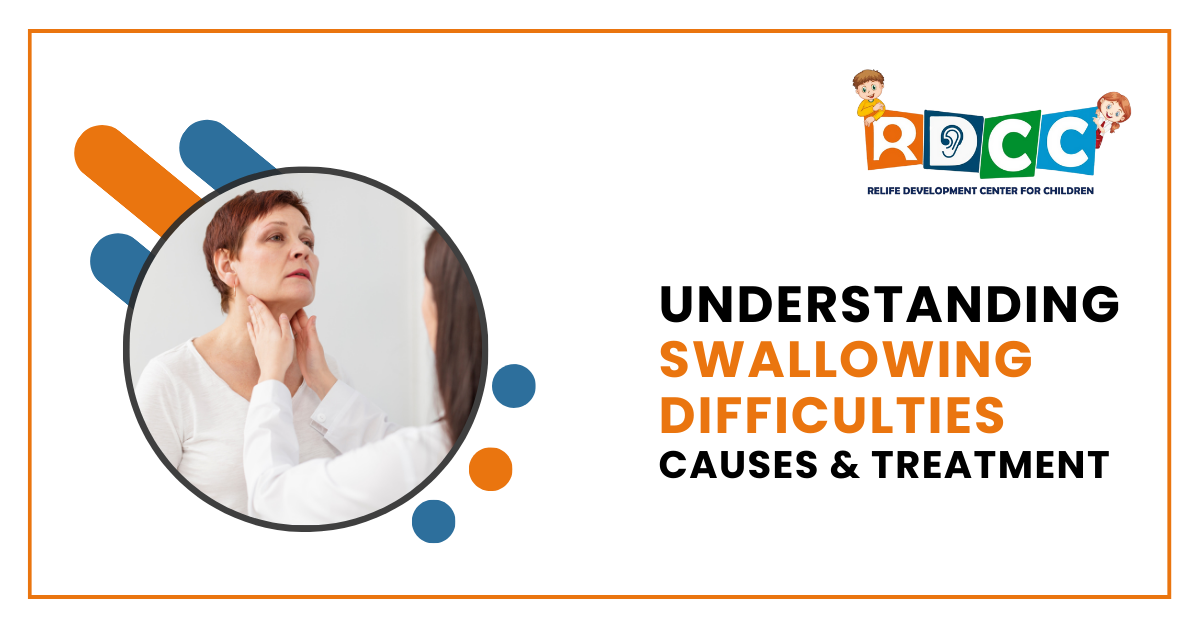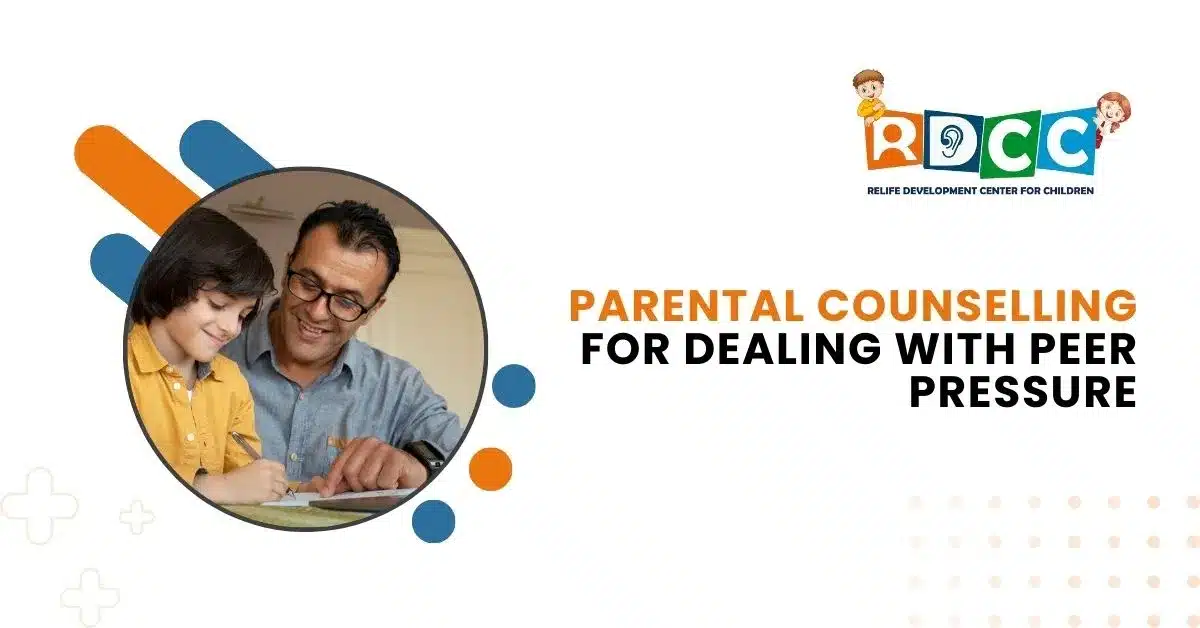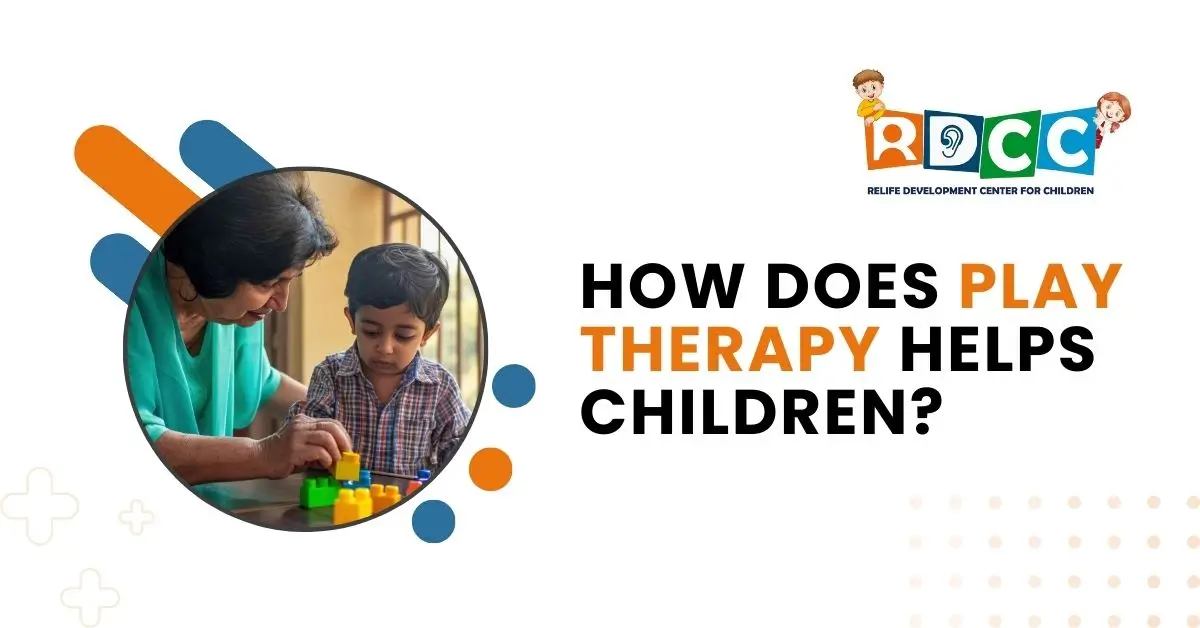
Swallowing Difficulties affect millions worldwide, posing challenges in eating, drinking, and overall health. At RDCC Healthcare, a Leading Child Development Centre in Vadodara, we delve into the Causes, Symptoms, and Effective Treatments for Dysphagia. Explore how understanding dysphagia can lead to tailored solutions that empower individuals to enjoy meals and beverages safely and comfortably.
What are Swallowing Difficulties?
Swallowing Difficulties, known as Dysphagia, encompass challenges in moving food or liquid from the mouth to the stomach. This condition can arise from various causes, including Neurological Disorders, Structural Abnormalities, or Muscular Conditions. At RDCC Healthcare, a Leading Child Development Centre in Vadodara, we specialize in Diagnosing and Treating Dysphagia to improve Swallowing Function and Enhance Quality of Life. Our Comprehensive Approach addresses the root causes and tailors treatments to each individual’s needs, ensuring effective management and support.
Causes of Swallowing Difficulties
Neurological Disorders: Some Neurological Disorders Such as Stroke, Parkinson’s Disease, or Multiple Sclerosis affect the Nerves and Muscles involved in Swallowing.
Structural Abnormalities: Including Throat Cancer, GERD (Acid Reflux), or Anatomical Issues in the Throat or Esophagus.
Muscular Conditions: Such as Muscular Dystrophy or Myasthenia Gravis impacting Muscle Strength Needed for Swallowing.
Aging: Natural Aging processes causing Changes in Muscle Function and Coordination.
Injuries: Trauma or Surgeries affecting the Head, Neck, or Spine may lead to Swallowing Difficulties.
Medications: Certain Drugs can have Side Effects affecting Muscle Function or causing Dry Mouth, contributing to Dysphagia.
Psychological Factors: Conditions like Anxiety or Stress occasionally Affect Swallowing Function.
At RDCC Healthcare in Vadodara, Our Specialized Team identifies these Causes to Create Personalized Treatment Plans, ensuring Effective Management and Improved Quality of Life for Patients experiencing Dysphagia.
Treatments for Swallowing Difficulties
Effective Treatment for Swallowing Difficulties, or Dysphagia, hinges on understanding the underlying causes and severity of the condition. At RDCC Healthcare in Vadodara, Our Specialized Team offers a range of tailored Therapies designed to enhance Swallowing Function and Improve Quality of Life. Here are Some Key Treatment Options:
Speech Therapy: Exercises to Strengthen Swallowing Muscles and Improve Coordination.
Dietary Modifications: Adjusting Food Textures and Liquids, such as Thickened Liquids or Soft Foods, to ease Swallowing.
Medications: Prescriptions to manage Underlying Conditions like Acid Reflux or Neurological Disorders that contribute to Dysphagia.
Swallowing Maneuvers: Techniques like the Chin-tuck or Supraglottic Swallow to help Move Food or Liquids safely through the Throat.
Feeding Tubes: Temporary or Permanent Solutions for severe Dysphagia to ensure Adequate Nutrition and Hydration.
Surgery: Procedures to address Structural Issues, such as Removing Blockages or Repairing Abnormalities in the Throat or Esophagus.
Lifestyle Changes: Posture Adjustments during Meals and Strategies to Minimize Choking Risk.
At RDCC Healthcare, we Personalize these Swallowing Treatments to each Patient’s Specific Needs, focusing on Comprehensive Care and Optimal Outcomes.
Frequently Asked Questions
What are the Common Symptoms of Swallowing Difficulties?
Common Symptoms of Dysphagia include Pain while Swallowing, Frequent Coughing or Choking during Meals, the Sensation of Food being Stuck in the Throat, and Unexplained Weight Loss.
How is Dysphagia Diagnosed?
Diagnosis of Dysphagia typically involves a combination of Medical History Review, Physical Examination, and Specialized Tests such as a Barium Swallow, Endoscopy, or Manometry.
Can Swallowing Difficulties be Cured?
While some Causes of Dysphagia can be Treated or Managed Effectively, Others may Require Ongoing Therapy and Lifestyle Adjustments. Early Intervention and Tailored Treatment Plans can Significantly Improve Symptoms and Quality of Life.
Who is at Risk for Developing Swallowing Difficulties?
Individuals at Higher Risk for Dysphagia include Older Adults, People with Neurological Disorders, those with Head or Neck Injuries, and Individuals with Chronic Conditions like GERD.
Is Swallowing Therapy Painful?
Swallowing Therapy should not be painful, although some discomfort may be experienced as you work on Regaining Strength and Coordination. Our therapists at RDCC Healthcare ensure treatments are as comfortable as possible.
Conclusion
Swallowing Difficulties, or Dysphagia can significantly impact daily life, making eating and drinking challenging and affecting overall health. At RDCC Healthcare, a leading Child Development Centre in Vadodara, we are dedicated to providing comprehensive, personalized care to individuals experiencing dysphagia. Our specialized team uses a multifaceted approach to diagnose, manage, and treat swallowing difficulties, ensuring each patient receives the support and treatment they need to improve their swallowing function and quality of life. If you or a loved one is experiencing swallowing difficulties, Contact RDCC Healthcare for expert guidance and effective treatment options.




